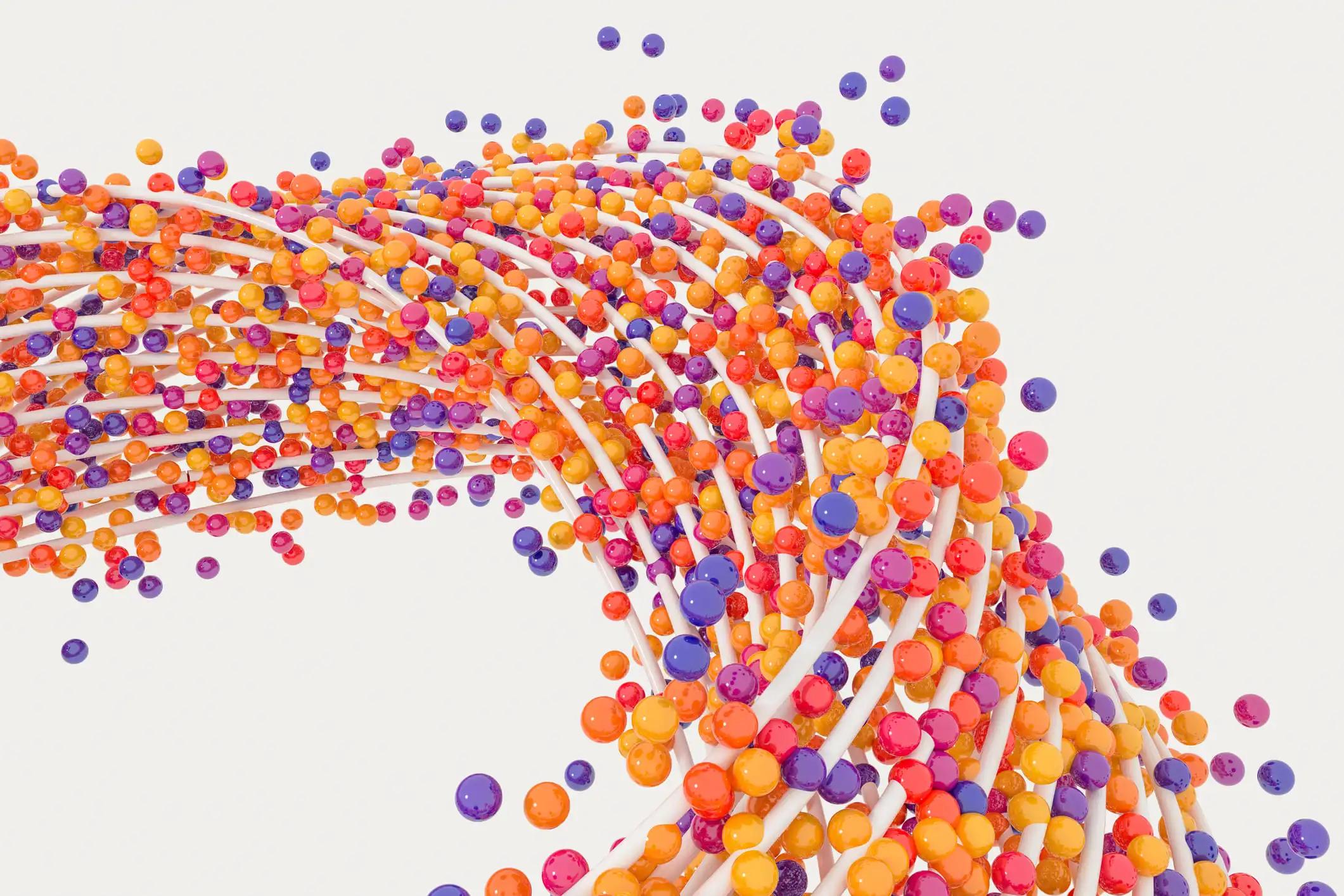KEY TAKEAWAYS
- The study aimed to investigate whether the transcriptional regulation of UGT2B17 in B-lymphocytes differs from its characterized liver expression.
- The results showed that UGT2B17 expression in CLL linked to poor prognosis, drug resistance, and altered prostaglandin genes.
High expression of glycosyltransferase UGT2B17 serves as an independent adverse prognostic marker in chronic lymphocytic leukemia (CLL). Additionally, it predicts therapeutic response and acts as a mechanism for drug resistance. The factors influencing UGT2B17 gene expression in normal and leukemic B-cells are not yet clarified. The UGT2B17 transcriptome is intricate, comprising at least 10 alternative transcripts identified through prior RNA-sequencing of the liver and intestine.
Michèle Rouleau and her team spearheaded a study that aimed to investigate whether the transcriptional regulation of UGT2B17 in B-lymphocytes differs from its canonical expression previously characterized in the liver.
RNA-sequencing and genomics data revealed a distinct genomic landscape at the UGT2B17 locus in both normal and leukemic B-cells. Specifically, RNA-sequencing and quantitative PCR data demonstrated that the UGT2B17 enzyme is exclusively encoded by alternative transcripts expressed in CLL patient cells, contrasting with the canonical transcript prevalent in the liver and intestine.
Chromatin accessible regions identified through ATAC-Seq in CLL cells were found to align with alternative promoters and non-coding exons, potentially originating from endogenous retrotransposon elements.
Through luciferase reporter assays, key cis-regulatory STAT3, RELA, and interferon regulatory factor (IRF) binding sequences driving UGT2B17 expression in lymphoblastoid and leukemic B-cells were identified.
Additionally, electrophoretic mobility shift assays and pharmacological inhibition underscored the critical roles of CLL prosurvival transcription factors STAT3 and NF-κB in the leukemic expression of UGT2B17.
The findings indicated that UGT2B17 expression in B-CLL is influenced by crucial regulators of CLL progression. This suggests the existence of a NF-κB/STAT3/IRF/UGT2B17 axis, potentially constituting a novel B-cell pathway implicated in disease progression and drug resistance.
Funding was provided by the Canadian Institutes of Health Research (CIHR), Fondation du CHU – Université Laval, and Cancer Research Center (CRC) – Université Laval.
Source: https://pubmed.ncbi.nlm.nih.gov/38566115/
Rouleau, M., Villeneuve, L., Allain, E.P. et al. “Non-canonical transcriptional regulation of the poor prognostic factor UGT2B17 in chronic lymphocytic leukemic and normal B cells.” BMC Cancer 24, 410 (2024). https://doi.org/10.1186/s12885-024-12143-7.



